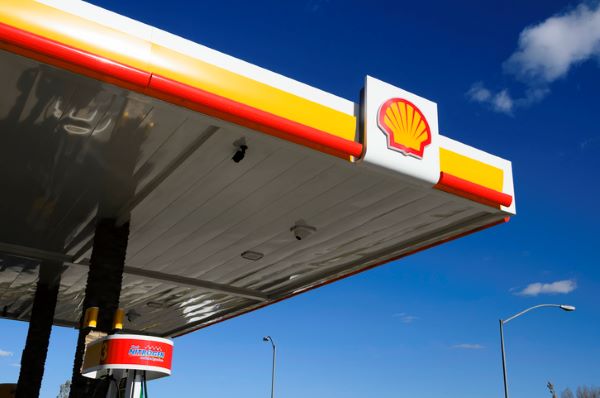ii view: Shell warns on quarterly gas trading decline
7th July 2023 12:06
by Keith Bowman from interactive investor
Shares in this oil major rose 43% in 2022 but have drifted lower this year. We assess prospects.

Second-quarter trading update to 30 June
- Gas production is expected to be between 950 and 990 kboepd (thousand barrels of oil equivalent per day)
- Oil production is expected to be between 1,650 and 1,750 kboepd (previous estimate of 1600 - 1,800 kboepd)
- Invest with ii: Top UK Shares | Share Tips & Ideas | Cashback Offers
ii round-up:
Energy giant Shell (LSE:SHEL) today blamed both reduced gas trading and planned oil production maintenance for a weaker second-quarter performance compared to the first three months of its financial year.
Gas trading is expected to be significantly lower versus a strong first quarter given seasonality factors, but with production broadly in line with previous estimates. Quarterly oil production could fall slightly shy of management’s previous estimates due largely to required maintenance in the Gulf of Mexico.
It also mentioned $3 billion of writedowns for Q2 following a 1% increase in the discount rate used for impairment testing.
Shell's share price was little changed at lunchtime Friday having come into this latest news down by close to 3% year-to-date. That’s similar to rivals BP (LSE:BP.) and Exxon Mobil Corp (NYSE:XOM), with the price of Brent crude itself down by around a tenth in 2023.
UK headquartered Shell expects the indicative profit margin for its chemicals division to average around $150 per tonne during the quarter, up from the prior quarter’s $138 per tonne.
Its Renewables and Energy Solutions business is forecast to deliver anything from a loss of $300 million to a profit of $300 million.
Broker UBS reiterated its ‘buy’ rating on the shares following the numbers. Second-quarter results are scheduled for 27 July.
ii view:
The oil major, which removed the 'Royal Dutch' from its name in 2022, employs over 90,000 people across more than 70 countries. Group strategy is focused on improving performance, discipline and simplifying the business. Like rivals, and under government climate change policy, it has also been investing in building and expanding its renewables production such as wind power and energy solutions in the form of hydrogen and biofuels.
For investors, the uncertain economic outlook and possible recession continue to raise questions over global energy demand. Tackling climate change remains a pressing need for both the industry and governments, costs generally for businesses remain elevated, while a consumer cost-of-living crisis has kept pressure on governments to keep and even raise windfall taxes.
- 10 great UK shares that Warren Buffett would pick
- The Income Investor: buy these unpopular shares for high yield and growth
- How to prepare your portfolio for the new era of spikeflation
More favourably, Shell's diversity of operations across oil, gas, chemicals and alternatives regularly allows one area of strength to offset another of weakness. Elevated energy prices following the war in Ukraine drove cashflow higher, allowing Shell to reduce debt and raise shareholder returns following a cut during the pandemic. Hopes that interest rates could be somewhere near their peak would also be a positive.
With the shares offering a prospective dividend yield of over 4%, and a consensus analyst estimate of fair value at over £28 per share, existing fans of this oil major are likely to stay invested. For new investors, it's still a toss-up between Shell and BP, with not much to choose between the two.
Positives:
- Diversity of operations
- A focus on shareholder returns
Negatives:
- Uncertain economic outlook
- The weather can raise operational challenges
The average rating of stock market analysts:
Buy
These articles are provided for information purposes only. Occasionally, an opinion about whether to buy or sell a specific investment may be provided by third parties. The content is not intended to be a personal recommendation to buy or sell any financial instrument or product, or to adopt any investment strategy as it is not provided based on an assessment of your investing knowledge and experience, your financial situation or your investment objectives. The value of your investments, and the income derived from them, may go down as well as up. You may not get back all the money that you invest. The investments referred to in this article may not be suitable for all investors, and if in doubt, an investor should seek advice from a qualified investment adviser.
Full performance can be found on the company or index summary page on the interactive investor website. Simply click on the company's or index name highlighted in the article.